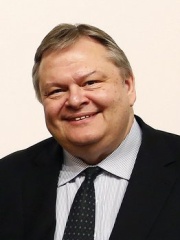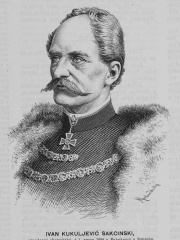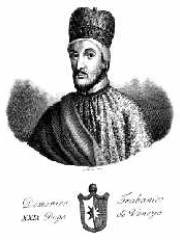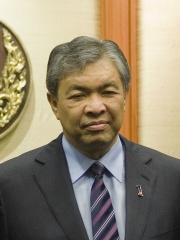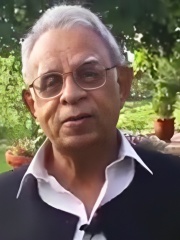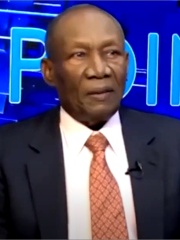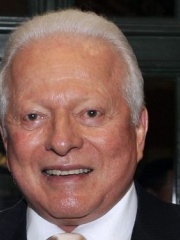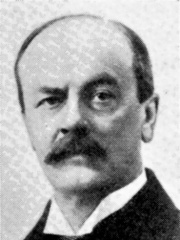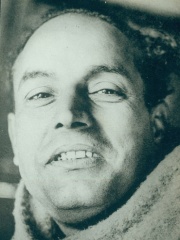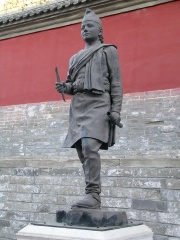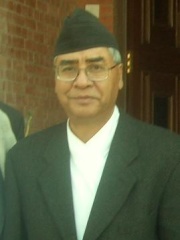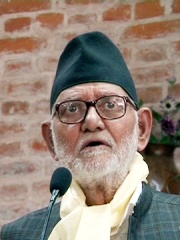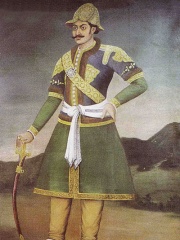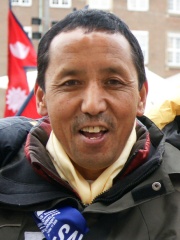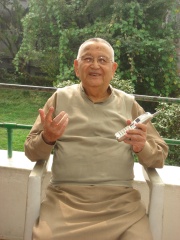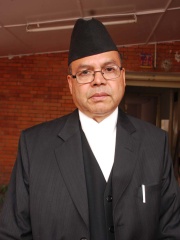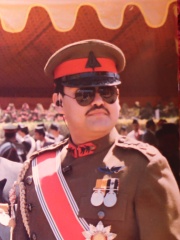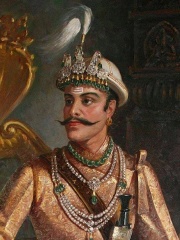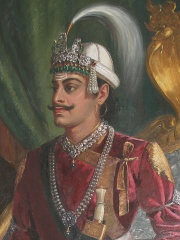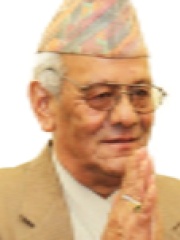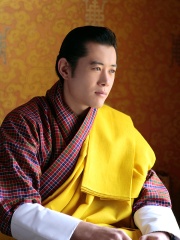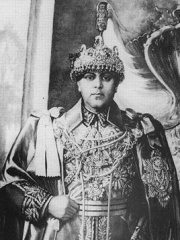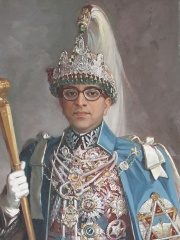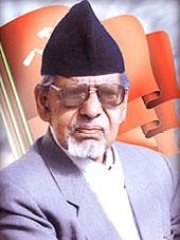Politikus
Ashtavakra
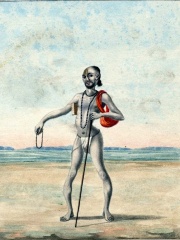
 Ashtavakra
Ashtavakra
Életrajza 20 különböző nyelven érhető el a Wikipédián (növekedés 18-ről 2024-ben). Ashtavakra a 15,017th legnépszerűbb politikus (csökkenés a 13,286th-ről 2024-ben), a 36th legnépszerűbb életrajz Nepál országából (csökkenés a 28th-ről 2019-ben) és a 21st legnépszerűbb Nepálból politikus.
Memorability Metrics
Page views of Ashtavakra by language
Among Politikuses
Among politikuses, Ashtavakra ranks 15,017 out of 19,576. Before him are Evangelos Venizelos, Ivan Kukuljević Sakcinski, Domenico Flabanico, Eva Šuranová, Ahmad Zahid Hamidi, and Wasim Sajjad. After him are Prosper Avril, Eric Arturo Delvalle, Chuy García, Claudia Roth, Zac Goldsmith, and Gerhard Louis De Geer.
Most Popular Politikuses in Wikipedia
Go to all RankingsEvangelos Venizelos
1957 - Present
HPI: 55.67
Rank: 15,018
Ivan Kukuljević Sakcinski
1816 - 1889
HPI: 55.67
Rank: 15,019
Domenico Flabanico
950 - 1041
HPI: 55.67
Rank: 15,020
Eva Šuranová
1946 - 2016
HPI: 55.67
Rank: 15,021
Ahmad Zahid Hamidi
1953 - Present
HPI: 55.67
Rank: 15,022
Wasim Sajjad
1941 - Present
HPI: 55.67
Rank: 15,023
Ashtavakra
HPI: 55.67
Rank: 15,024
Prosper Avril
1937 - Present
HPI: 55.66
Rank: 15,025
Eric Arturo Delvalle
1937 - 2015
HPI: 55.66
Rank: 15,026
Chuy García
1956 - Present
HPI: 55.66
Rank: 15,027
Claudia Roth
1955 - Present
HPI: 55.66
Rank: 15,028
Zac Goldsmith
1975 - Present
HPI: 55.66
Rank: 15,029
Gerhard Louis De Geer
1854 - 1935
HPI: 55.65
Rank: 15,030
In Nepál
Among people born in Nepál, Ashtavakra ranks 36 out of NaN. Before him are Laxmi Prasad Devkota (1909), Araniko (1244), Sher Bahadur Deuba (1946), Sushil Koirala (1939), Bhimsen Thapa (1775), and Apa Sherpa (1960). After him are Surya Bahadur Thapa (1928), Jhala Nath Khanal (1950), Dipendra of Nepal (1971), Rana Bahadur Shah (1775), Pratap Singh Shah (1751), and Lokendra Bahadur Chand (1940).
Others born in Nepál
Go to all RankingsLaxmi Prasad Devkota
WRITER
1909 - 1959
HPI: 60.17
Rank: 30
Araniko
PAINTER
1244 - 1306
HPI: 59.85
Rank: 31
Sher Bahadur Deuba
POLITICIAN
1946 - Present
HPI: 58.32
Rank: 32
Sushil Koirala
POLITICIAN
1939 - 2016
HPI: 58.03
Rank: 33
Bhimsen Thapa
POLITICIAN
1775 - 1839
HPI: 57.55
Rank: 34
Apa Sherpa
MOUNTAINEER
1960 - Present
HPI: 56.20
Rank: 35
Ashtavakra
POLITICIAN
HPI: 55.67
Rank: 36
Surya Bahadur Thapa
POLITICIAN
1928 - 2015
HPI: 54.66
Rank: 37
Jhala Nath Khanal
POLITICIAN
1950 - Present
HPI: 54.52
Rank: 38
Dipendra of Nepal
POLITICIAN
1971 - 2001
HPI: 54.02
Rank: 39
Rana Bahadur Shah
POLITICIAN
1775 - 1806
HPI: 53.97
Rank: 40
Pratap Singh Shah
NOBLEMAN
1751 - 1777
HPI: 52.40
Rank: 41
Lokendra Bahadur Chand
POLITICIAN
1940 - Present
HPI: 52.32
Rank: 42
Among Politikuses In Nepál
Among politikuses born in Nepál, Ashtavakra ranks 21. Before him are Jigme Khesar Namgyel Wangchuck (1980), Tribhuvan of Nepal (1906), Mahendra of Nepal (1920), Sher Bahadur Deuba (1946), Sushil Koirala (1939), and Bhimsen Thapa (1775). After him are Surya Bahadur Thapa (1928), Jhala Nath Khanal (1950), Dipendra of Nepal (1971), Rana Bahadur Shah (1775), Lokendra Bahadur Chand (1940), and Man Mohan Adhikari (1920).
Jigme Khesar Namgyel Wangchuck
1980 - Present
HPI: 62.77
Rank: 15
Tribhuvan of Nepal
1906 - 1955
HPI: 60.76
Rank: 16
Mahendra of Nepal
1920 - 1972
HPI: 60.38
Rank: 17
Sher Bahadur Deuba
1946 - Present
HPI: 58.32
Rank: 18
Sushil Koirala
1939 - 2016
HPI: 58.03
Rank: 19
Bhimsen Thapa
1775 - 1839
HPI: 57.55
Rank: 20
Ashtavakra
HPI: 55.67
Rank: 21
Surya Bahadur Thapa
1928 - 2015
HPI: 54.66
Rank: 22
Jhala Nath Khanal
1950 - Present
HPI: 54.52
Rank: 23
Dipendra of Nepal
1971 - 2001
HPI: 54.02
Rank: 24
Rana Bahadur Shah
1775 - 1806
HPI: 53.97
Rank: 25
Lokendra Bahadur Chand
1940 - Present
HPI: 52.32
Rank: 26
Man Mohan Adhikari
1920 - 1999
HPI: 52.27
Rank: 27
